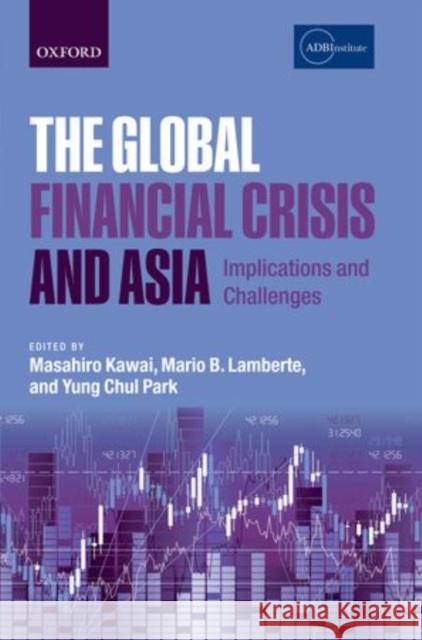The Global Financial Crisis and Asia: Implications and Challenges » książka
The Global Financial Crisis and Asia: Implications and Challenges
ISBN-13: 9780199660957 / Angielski / Twarda / 2012 / 344 str.
This book aims to identify and analyze the impact of the 2007-09 global financial crisis on Asian economies and to assess the short-term and longer-term policy responses to the crisis in terms of their effectiveness and sustainability. It draws lessons on how best to avoid and/or mitigate future crises and to identify structural policy recommendations that can help guide Asian policymakers to expand the growth potential of domestic and regional demand in coming years, and thereby create a basis for sustainable and inclusive long-term growth.
Organized into four parts, it offers an accessible explanation of the causes, consequences, and contagion mechanisms of the crisis. Part 1 provides an overview of the major issues and presents policy recommendations. Part 2 reviews the crisis in the US and its transmission to Europe. Part 3 focuses on the impact on Asia. And Part 4 concludes lessons of the crisis for Asian countries. The volume highlights that Asian economies have already recovered strongly from the global financial crisis, reflecting their aggressive moves to ease monetary and fiscal policy as well as the underlying fundamental strength of their economies. However, the biggest challenge lies ahead. It asserts that, given that it is unlikely that the US and Europe will be engines of global growth, Asian economies should contribute to global economic adjustment by creating their own growth engines.











